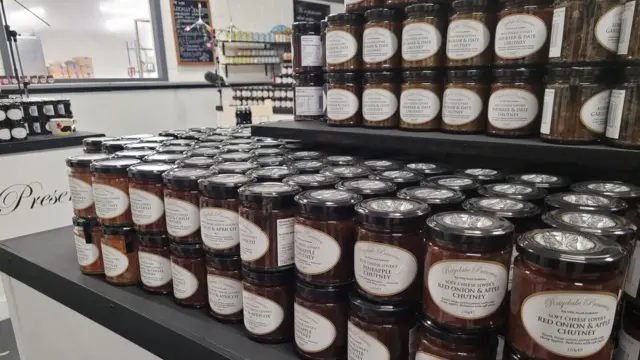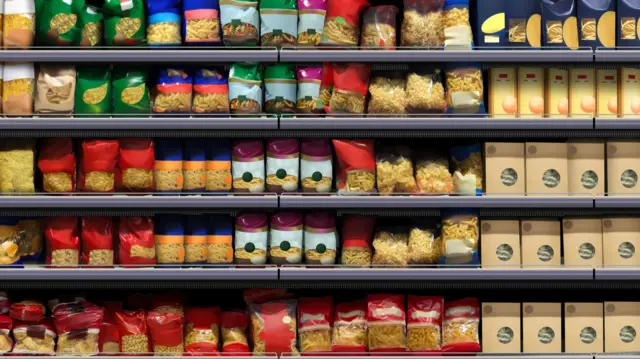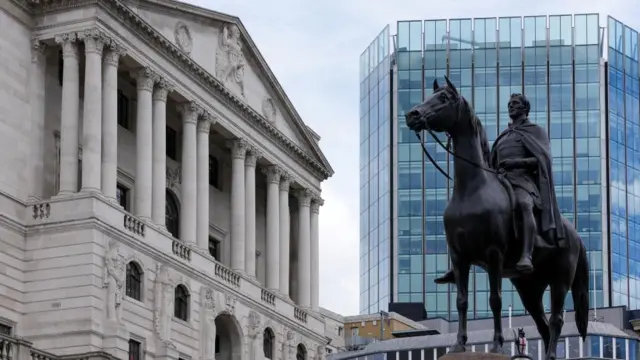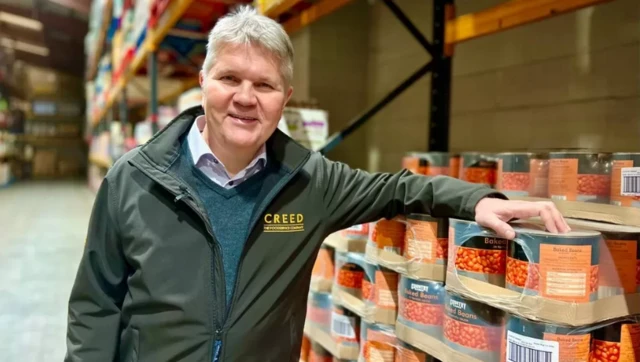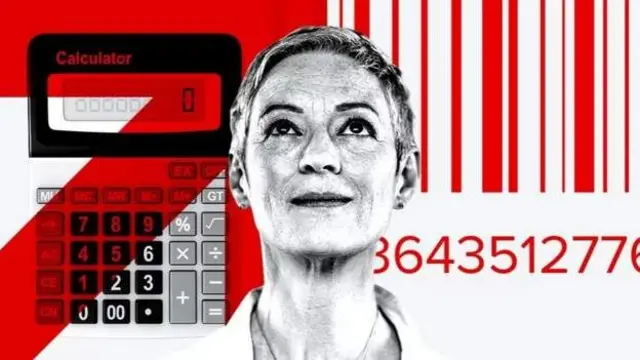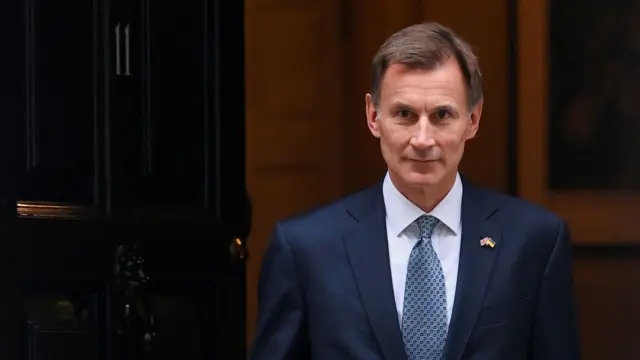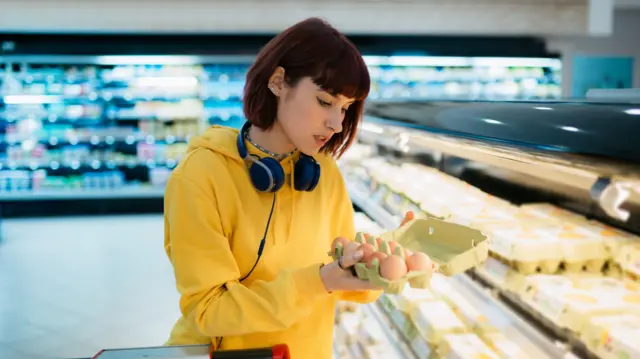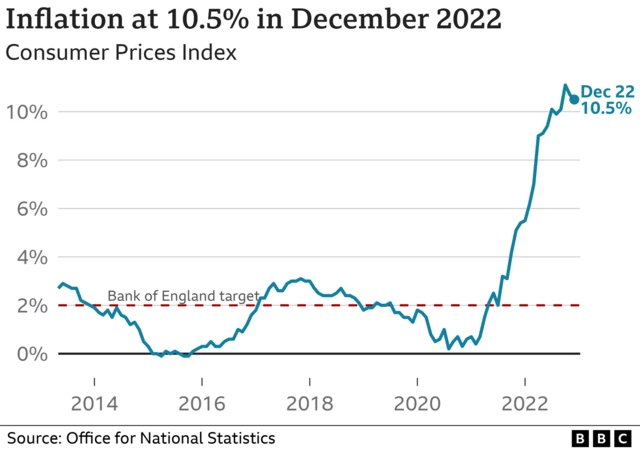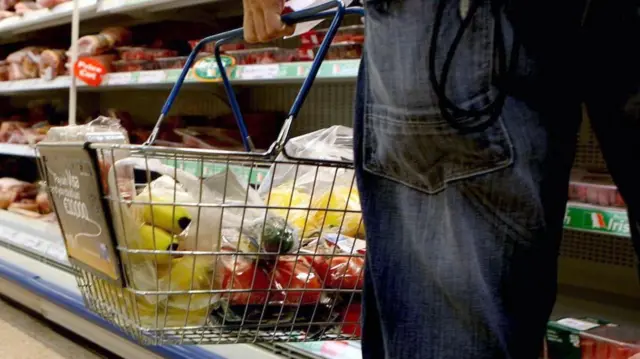Jam company paused jarring over raspberry cost triplingpublished at 10:40 GMT 18 January 2023
 Sean Farrington
Sean Farrington
Reporting from Hawes, North Yorkshire
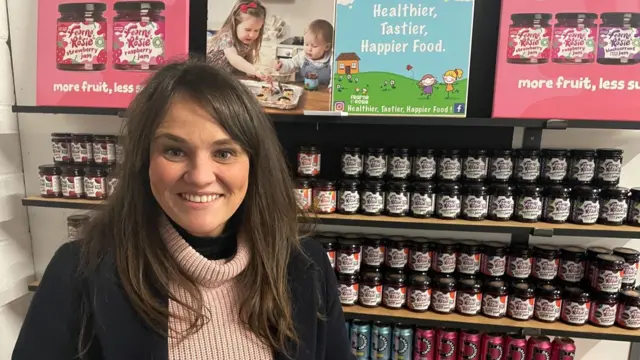
I'm hearing examples of the real impact rising food prices are having on people's businesses here in Hawes.
Founder of Yorkshire Dales jam company Fearne & Rosie, Rachel Kettlewell, tells me that her ingredient costs have soared.
Quote MessageHistorically you’d be able to buy a kilo of raspberries for around £2, last year we saw a peak of raspberry prices of around £6 per kilo, which meant that we actually paused production on our raspberry jam."
